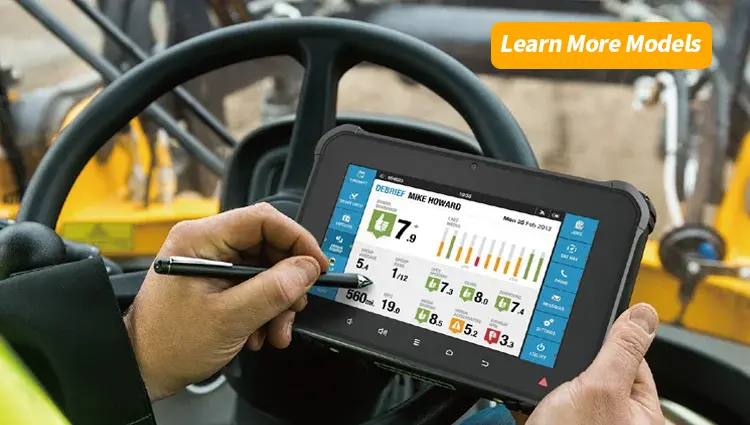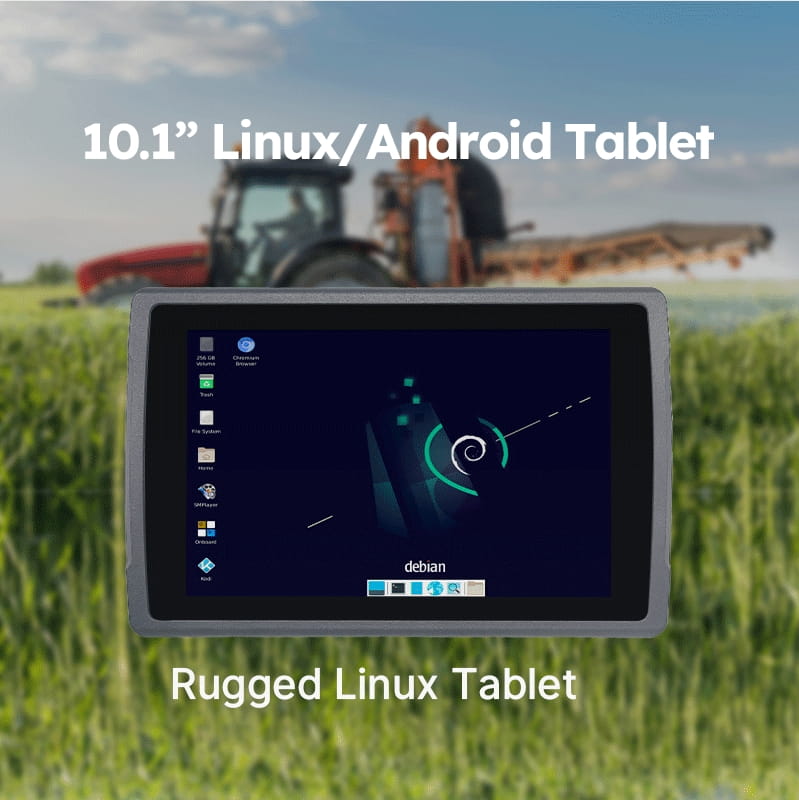Best Supported Budget Tablet to Run a Debian/Ubuntu App
Are you looking for a cost-effective way to run powerful Linux-based apps? Budget tablets might be your perfect solution. With the rising popularity of Debian and Ubuntu, many users are exploring affordable ways to access their robust applications. Let’s dive into how you can turn an everyday budget tablet into a powerhouse for Debian/Ubuntu apps.
Understanding Debian and Ubuntu
What are Debian and Ubuntu?
Debian and Ubuntu are open-source operating systems known for their flexibility and efficiency. Both offer thousands of free apps for productivity, development, and more.
Why run Debian/Ubuntu apps on tablets?
Tablets combine portability with functionality, making them ideal for Linux enthusiasts. Running Debian or Ubuntu apps on a tablet lets you carry your workstation wherever you go.
Key Features to Look for in Budget Tablets
Hardware Compatibility with Debian/Ubuntu
- Processor Requirements: ARM or x86 processors with decent processing power are essential.
- RAM and Storage: Aim for at least 4GB of RAM and 64GB of storage for smooth performance.
Software Flexibility
Look for devices that allow unlocking the bootloader and provide drivers compatible with Linux kernels.
Build Quality and Portability
A good screen size (8-10 inches), high resolution, and long battery life enhance the user experience.
Top Budget Tablets for Debian/Ubuntu
Lenovo Tab M10
This tablet is known for its solid build and affordable price. It supports Linux-based systems with minimal tweaks, making it a popular choice.
Samsung Galaxy Tab A7
Equipped with a robust processor, this tablet offers excellent Linux compatibility and is widely supported by the community.
Chuwi Hi10 X
A hybrid tablet with a detachable keyboard, the Chuwi Hi10 X is versatile, powerful, and ideal for running Debian/Ubuntu apps.
Installing Debian/Ubuntu on a Budget Tablet
Preparing Your Device
Before installation, unlock the bootloader and back up your data to avoid losing important files.
Installation Process
Flash a custom Linux image using tools like TWRP and install drivers to ensure hardware compatibility.
Post-Installation Setup
Once Linux is installed, optimize the system by installing necessary app repositories and tweaking performance settings.
Benefits of Running Debian/Ubuntu Apps on Tablets
Enhanced Productivity
Linux apps offer unparalleled flexibility, allowing multitasking and efficient workflows.
Cost-Effective Solution
Linux is free, and installing it on a budget tablet maximizes value without compromising performance.
Challenges and How to Overcome Them
Limited Hardware Support
Join forums and online communities to find workarounds and support.
Battery Optimization Issues
Use Linux-specific power-saving tools to prolong battery life.
Tips for Choosing the Right Tablet
Prioritizing Compatibility
Ensure the tablet’s processor and hardware are compatible with Linux.
Balancing Features and Budget
Find the right balance between essential features and affordability.
Exploring Community Recommendations
Look for reviews and feedback from Linux users who have already experimented with budget tablets.
Alternatives to Budget Tablets
Used High-End Tablets
Consider refurbished tablets for better specs at a lower price.
Mini PCs with Portable Screens
If tablets don’t meet your needs, mini PCs offer more power with similar portability.
Conclusion
Budget tablets are a fantastic way to explore Debian/Ubuntu apps without a hefty investment. With the right device and some effort, you can enjoy the power of Linux on the go. Start experimenting today and unlock a world of possibilities!
FAQs
- Can any budget tablet run Debian or Ubuntu?
No, the tablet must have hardware and software compatibility with Linux-based systems. - What are the main hardware requirements?
At least 4GB RAM, 64GB storage, and a compatible processor like ARM or x86. - Is installing Linux on a tablet difficult?
It can be challenging for beginners but is manageable with guides and community support. - Are Debian/Ubuntu apps better than Android apps?
They offer more flexibility and are often more powerful, especially for productivity tasks. - How do I keep my tablet secure after installing Linux?
Regularly update your system, install antivirus tools, and avoid suspicious downloads.









